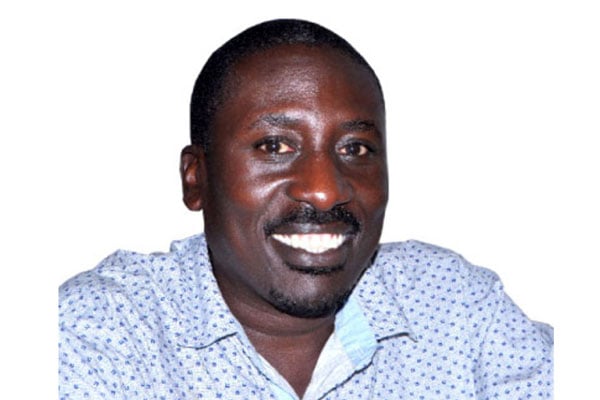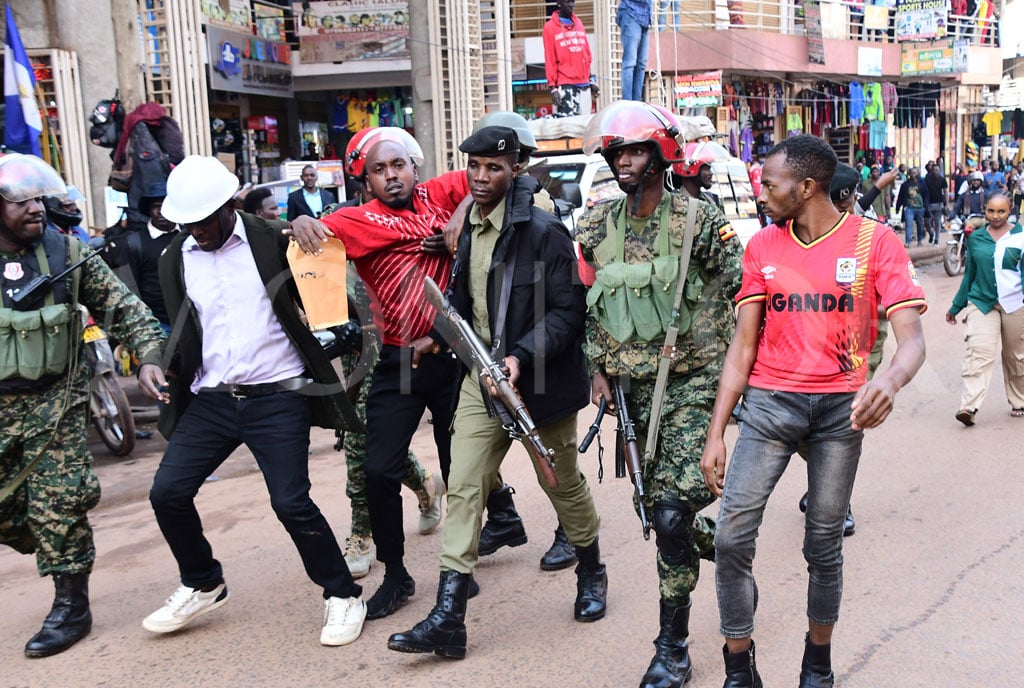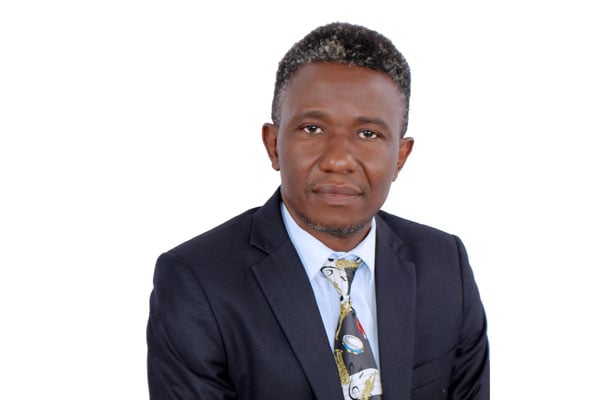
Emilly C. Maractho (PhD)
The march to Parliament scheduled for July 23 last week seemed like an event to watch. It was thus predicted that nothing of what happened in Kenya would successfully be executed in Uganda. There are good reasons to think so.
Some people now regret that they did not participate in that movement while others are angry with those that did not make any move. Someone told me, only one thing unites all those who did not take to the streets. Fear.
Some people feared that their age is beyond these things of protesting. They saw enough violence when they were young and wish nothing like that happens. They see this as a thing of these young people who have not seen violence or do not know better.
Yet, just a few of the young people also went about. Why? Fear.
One young person told me that she would have joined in but was afraid. She was not afraid to go to prison per se, but of a host of other things. She talked about her fear and what it represents, the losses of such magnitude most people can only imagine.
She wanted to be among those protesting then thought about her child. “What if I am killed young and will not be here to raise my child? Or arrested, I lose my job and cannot provide for my young family?” In short, she was afraid of being killed or losing her job. Real fears. For her, there was always that chance, things could go terribly wrong and one gets killed or arrested with no justice in sight.
Another one talked about her fear, different from those of her friend – the fear that other young people would not show up. There is always someone who pays the price for these things, she reasoned. She wondered if many Ugandans even care about corruption enough to want to protest over it. She too, would not join in that journey to Parliament out of fear, although corruption bothers her. The fear of being isolated in a difficult struggle.
Others have reasoned that because people deemed corrupt have become emboldened and are willing to do anything to keep the benefits that accrue from it, the risks of fighting it have tremendously increased. These young people just marvel at the force with which people are met for only doing small things like speaking up. The brutal treatment of those who protest has created its own fears.
For many who did not protest, they are not different from those we are told were hiding under their beds when others were in the business of liberating our country. Those shouting from the comfort of their homes, online but safely secured have been the subject of ridicule in the last week in similar fashion as those who hid under their beds in those days.
Last week was traumatising seeing all these people arrested for making their voice heard, and the full force on the streets. Although a deterrent, that image leaves many more people afraid. Soon enough, the spirit of fear will grip the much of population.
Yes, people are afraid. Those afraid of losing their livelihood because the economy is not healthy enough. Yet, that is nothing to celebrate. They may not show up, and pray that their coworkers too do not show up and risk their organisations facing closure. Still, the problems remain. It is like postponing an issue, soon enough you will have to deal with it.
It is easy to imagine that those acting out of fear, are the ones afraid to lose their jobs, getting killed or facing the music alone. Yet, those acting with force, may be acting out of greater fear. We are all afraid and respond to fear in different ways.
Consider people who have fear of losing power, privilege and position because of some silly young people disgusted by corruption. It is their fear of losing the things they have taken for granted for so long, the opportunities privilege gives them and so on.
Fear can drive anyone to be irrational, to make some bad decisions, to start telling lies and even threaten or crush innocent people. Think of a person who because they drive a government car, has never been in traffic that drives people mad, the thought of starting to sit in that traffic after years of just passing by, can make them desperate to do atrocious things.
Those who did not protest or tried to stop it simply have different motivations driven by the same thing. It is just that our fears are different and manifest in different forms.
Power, even the person with just a little bit of it knows the difference it makes when you lose it. They must do everything to keep it going in some cases. Maybe we all need a little bit of understanding, knowing that we are all suffering in some way and most of all, afraid.
Emilly C. Maractho is the director of Africa Policy centre and senior lecturer at Uganda Christian University.








